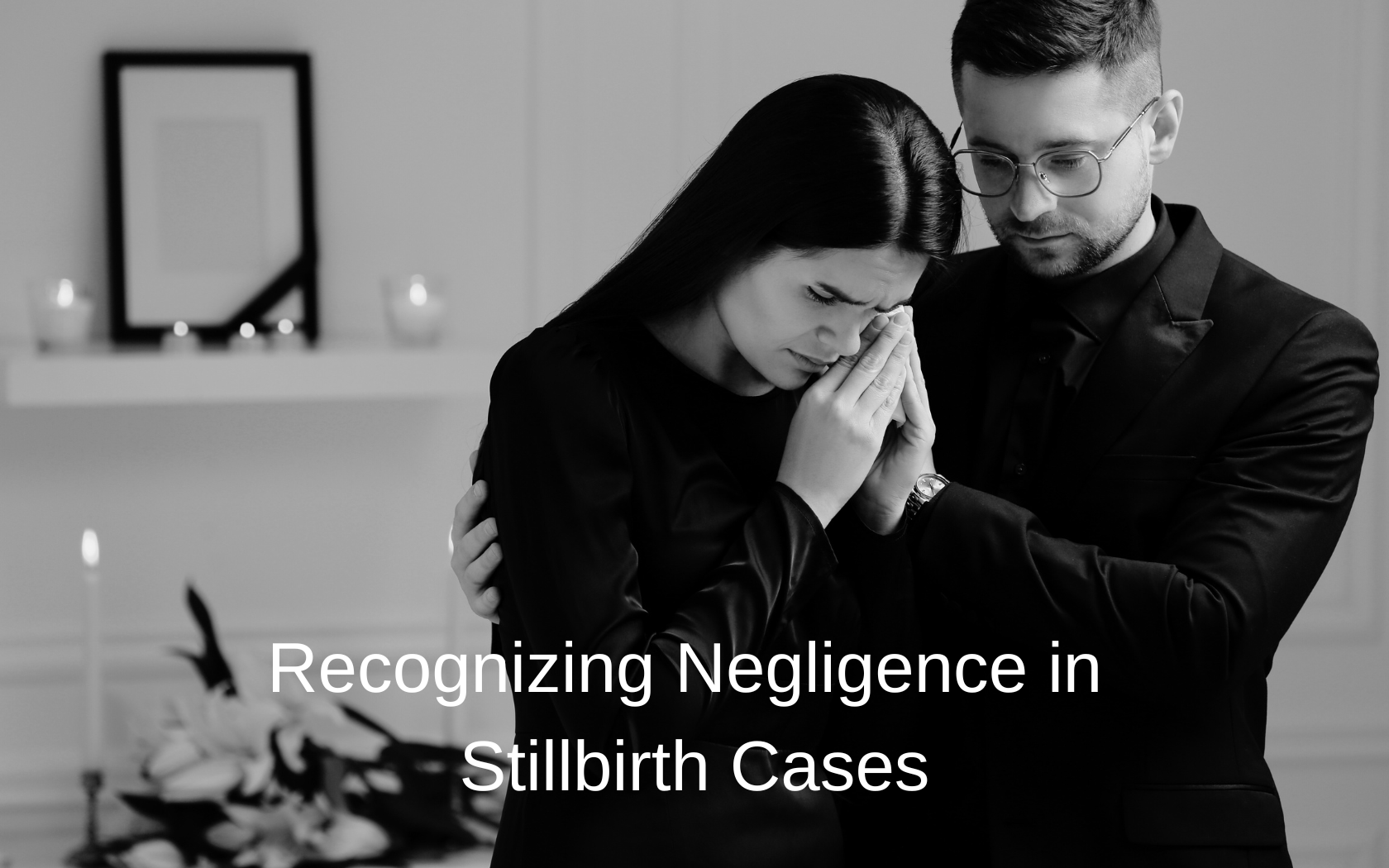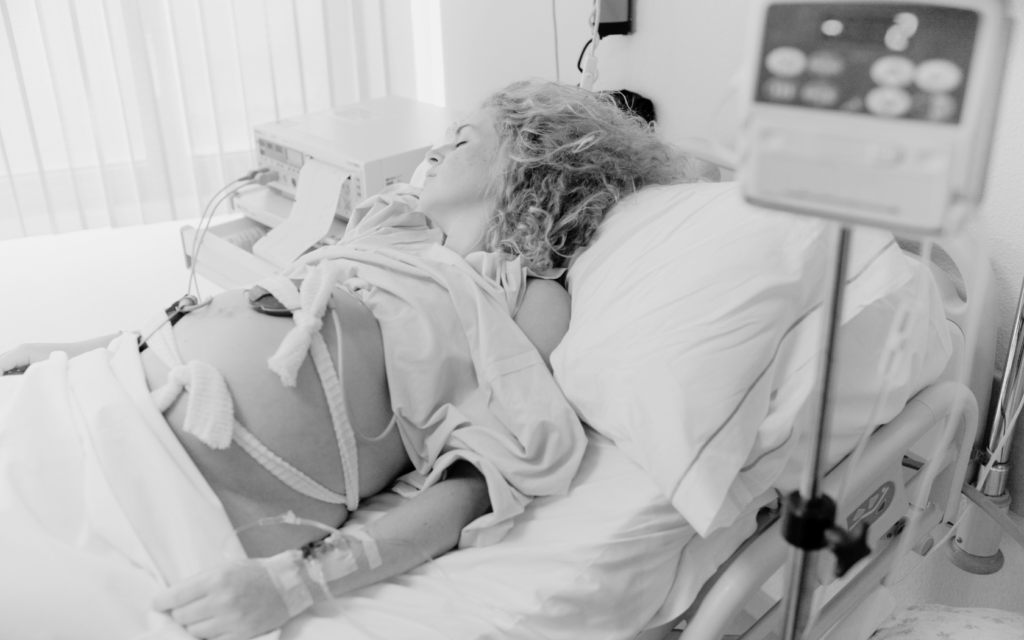In 2014, during her first pregnancy, Brooke Smith visited the hospital twice because she noticed one of the warning signs of stillbirth– her baby stopped kicking. Both times, the doctors sent her home, even though she was 39 weeks pregnant. She kept insisting that her baby’s movements had slowed.
Six days after her second visit, Brooke went to the hospital again because her baby wasn’t moving. There, she and her husband, Colin, received the devastating news that their baby, Kennedy Grey, had died in the womb.
Brooke had to deliver her stillborn daughter. She believes that if the doctors had listened to her earlier, her baby might have survived. Brooke feels that as a Black woman, her concerns were dismissed, which led to this tragic outcome.
When doctors ignore the warning signs of stillbirth, and a baby dies, that’s negligence. You may have the legal right to sue negligent care providers and seek compensation. To find out more, contact our lawyers.

What is Stillbirth?
Stillbirth is when a baby dies in the womb after 20 weeks of pregnancy. It can happen before or during birth. The baby is not born alive. Decreased movement is one of the warning signs of stillbirth.
This loss is very difficult for families. Every year, more than 20,000 pregnancies end in stillbirth. Researchers estimate that as many as 25% of stillbirths could be prevented.
Stillbirth is different from miscarriage. Miscarriage happens when a baby dies in the womb before 20 weeks of pregnancy.
What are the Warning Signs of Stillbirth?
Signs that a stillbirth might happen include:
- The baby moves less than usual
- Sudden, intense pain
- Unusual cramping
- Vaginal bleeding
If you notice any of these symptoms, it’s important to talk to your doctor right away.
Also, certain conditions can raise your risk of stillbirth. They include:
- High blood pressure during pregnancy (preeclampsia).
- Diabetes or gestational diabetes.
- Obesity.
- Problems with the placenta, like placental abruption.
- Infections during pregnancy.
- Smoking or using drugs while pregnant.
- Being pregnant with multiples, like twins or triplets.
- Having a history of stillbirth or other pregnancy complications.
If you have any of these conditions, it’s important to work closely with your doctor to monitor your pregnancy.

What Causes Stillbirth?
Stillbirth happens for many different reasons. Sometimes, there’s a problem with the placenta, the organ that provides the baby with oxygen and nutrients. If the placenta doesn’t work properly, the baby might not get what it needs to survive.
Other times, health conditions in the mother, like high blood pressure, diabetes, or infections, can increase the risk of stillbirth.
Medical errors can also lead to stillbirth. Here are some examples of how that might happen:
- There were complications in pregnancy or delivery. But doctors didn’t act to solve them.
- Risk factors and warning signs of stillbirth went unnoticed or untreated.
- Misdiagnosing infections
- Making errors during a C-section
- Wrong interpretation of fetal monitoring strips
In some cases, a baby passes away in the womb, but there’s no apparent cause for it. This can be very difficult for families to understand. However, knowing the warning signs of stillbirth, such as decreased baby movements or unusual pain, can help catch problems early.

When Should I Call an Attorney About Stillbirth?
If you experience a stillbirth, it can be a devastating and emotional time. In some cases, it may be in your best interest to seek a birth injury attorney. You should call an attorney if you believe that medical negligence or mistakes by healthcare providers caused or contributed to the stillbirth.
For example, if doctors ignored the warning signs of stillbirth, failed to monitor your baby properly, or delayed necessary treatments, you might have a case.
Be sure to keep your medical records. A birth injury attorney can review them and investigate what happened during your pregnancy and delivery.
If negligence is found, the attorney can help you take legal action to seek compensation. This compensation can help cover medical bills, funeral costs, and emotional distress.
It’s important to act quickly if you decide to seek a birth injury attorney. There are time limits, called statutes of limitations, for filing a claim.
Do you have questions about whether your child’s death could have been prevented? Is there evidence of negligence in your medical records? If so, don’t hesitate to contact our legal team. We can guide you through the process and ensure your case is handled properly. Taking this step can help bring some closure and support for you and your family during this difficult time.




